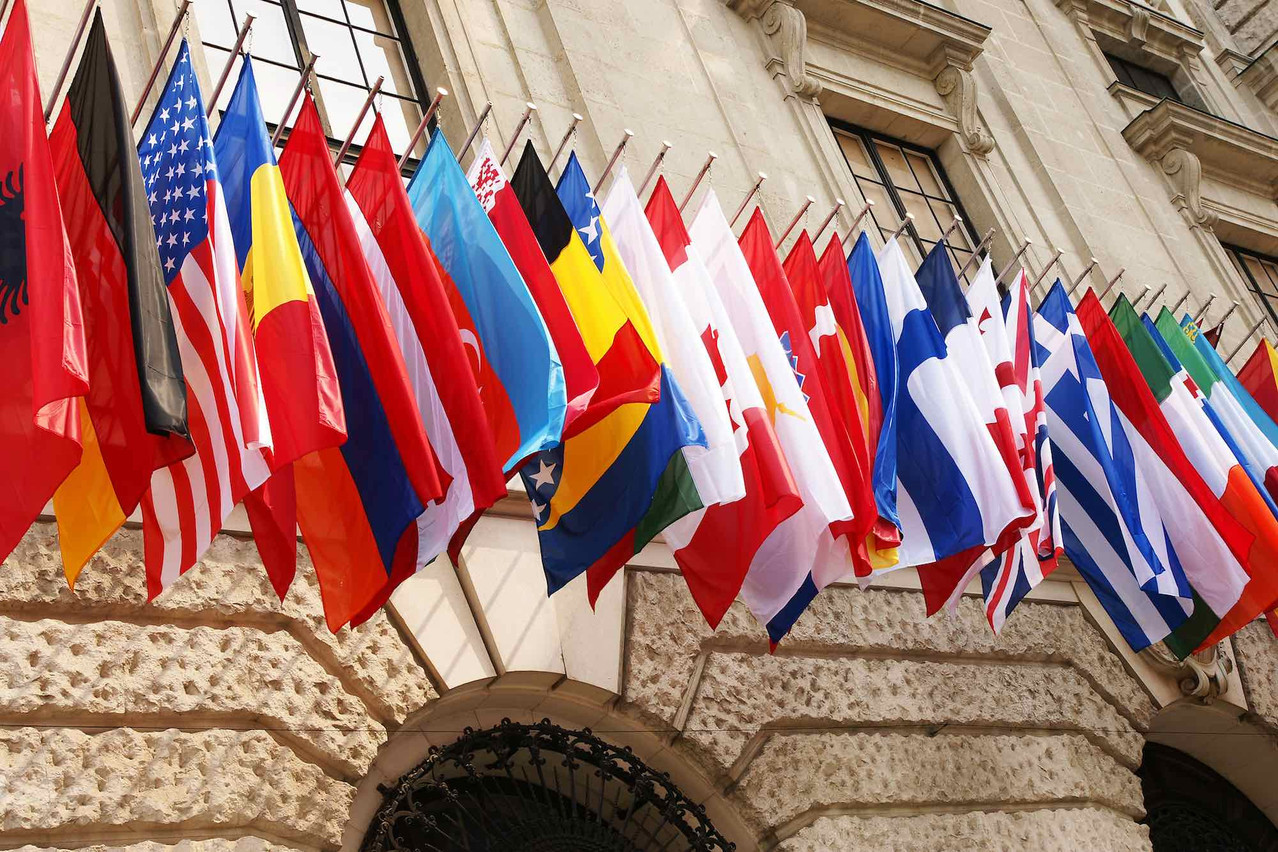The grand duchy experienced the largest increase in the “tax wedge”, or the difference between the total tax rates which single and married employees pay, among OECD countries between 2019 and 2021.
The gap between single and married workers widened by 1.75 percentage points over the two year period, the OECD on 24 May. That is notably higher than the figures recorded in Israel (1.27 percentage points), Estonia (1.03pp), Ireland (0.74pp), Korea (0.66pp) and Finland (0.54pp).
On the other hand, the tax wedge narrowed in several countries, including Germany (-1.18 percentage points), the Netherlands (-1.61pp), Latvia (-1.93pp), Greece (-3.69pp) and the Czech Republic (-4.05pp).
The metric does not indicate overall tax burden; it only measures relative movement in the tax wedge.
Nor did the data show that the grand duchy imposed the highest income tax rates. Rather, the gap between the rates paid by single and married workers was higher than a majority of other wealthy countries. However, the OECD that the tax wedge in the grand duchy was not the highest overall.
In Luxembourg, a single worker with no children and with an average wage paid 19.6% of their gross earnings in income tax in 2021. A married couple with one earner and two children paid 7.6%, a difference of 12 percentage points.
The spread in Germany was 17.5% vs -0.7%, or 18.2 percentage points, and in the Czech Republic it was 8.6% vs -8.6%, or 17.2pp. The tax wedge was lower in Belgium (11.6pp), Ireland (10pp), France (7pp) and Italy (6.1pp), and was negligible in Austria, Finland, Israel, the Netherlands, Sweden and the UK.
The OECD, or the Organisation for Economic Co-operation and Development, is a policy forum for 38 mostly wealthier countries.
Read also
